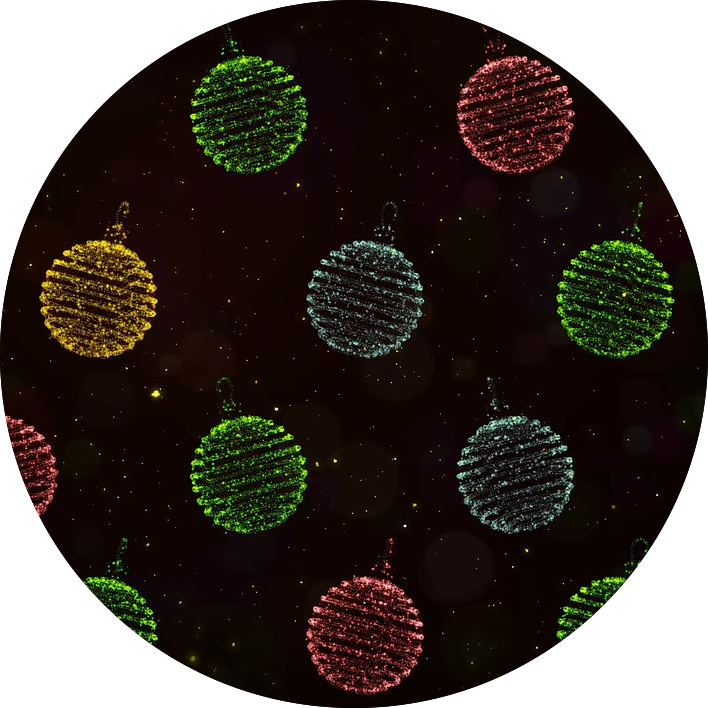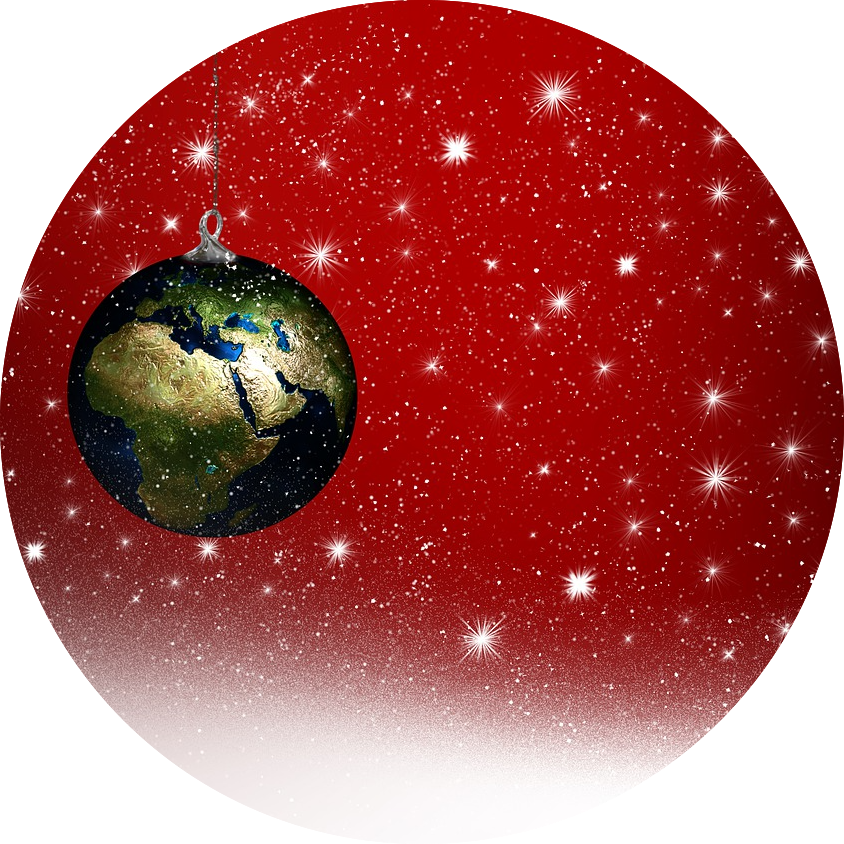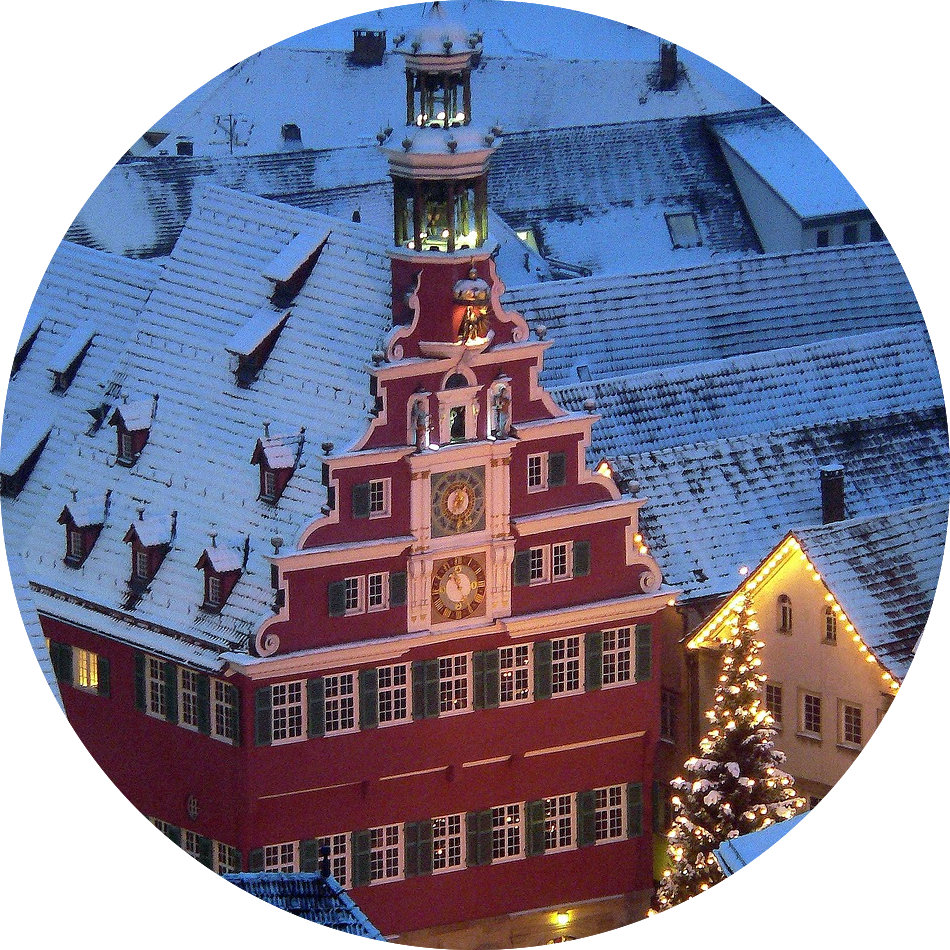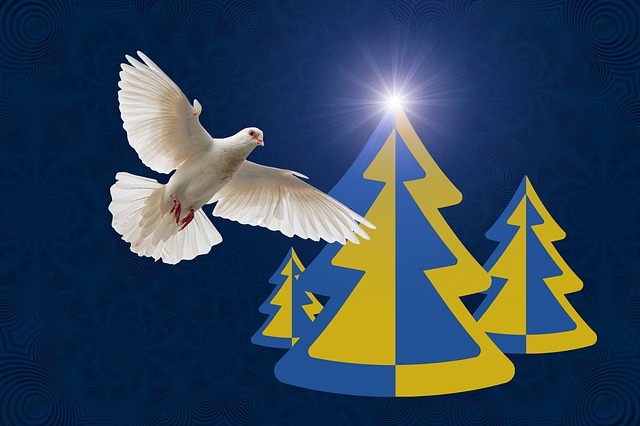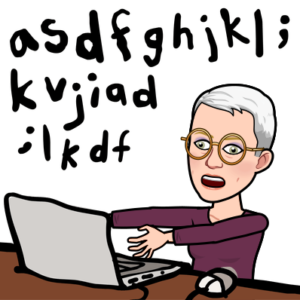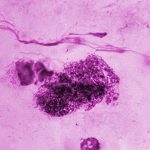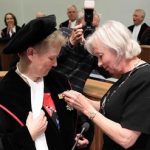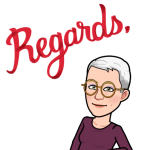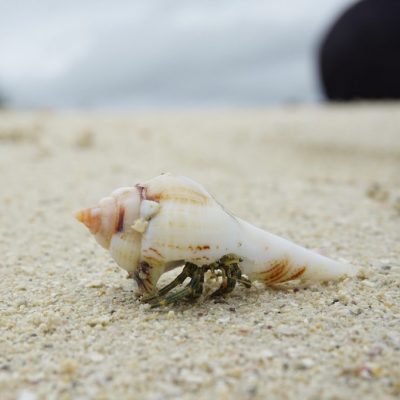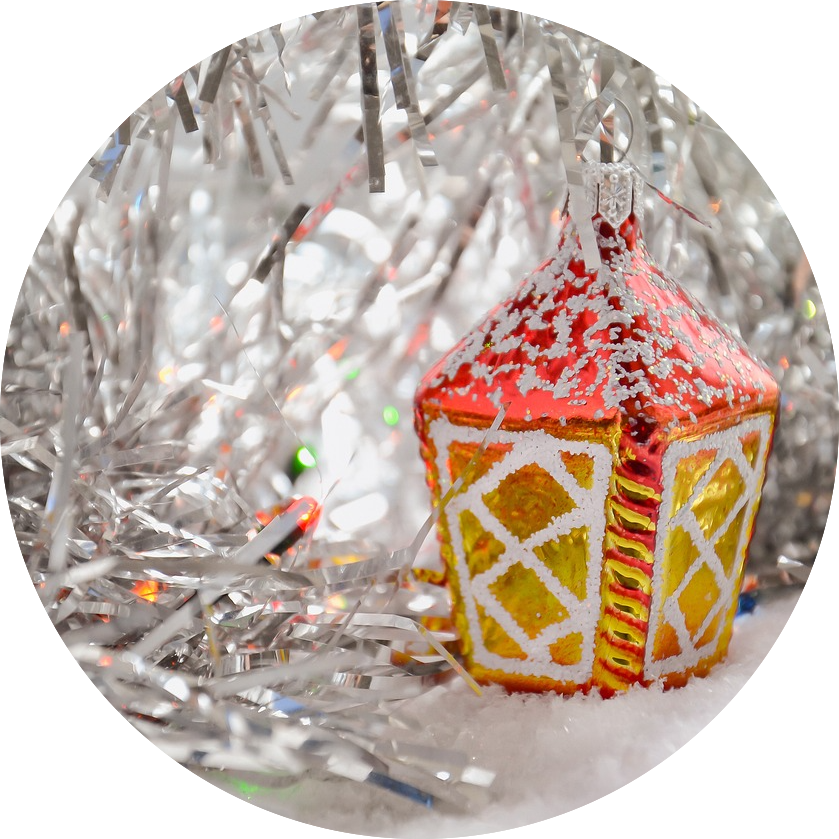
PRELIMINARY AGENDA
- Review of 2023 actions and exam results
- Approval of 2024 budget
- Elect new Council members
- Committee updates
Main Heading
SUBHEADING LEVEL 3
Registration for the 2024 Annual General Meeting is now open. All Diplomates must attend at least 2 AGMS in 5 years to maintain certification.
- All Diplomates must attend at least 2 AGMS in 5 years to maintain certification.
- ECLAM residents are welcome to attend the AGM, and must also pre-register. Residents may not vote.
BEWARE OF PHISHING SCAMS
Heading Level 4
Many people have received phishing emails purporting to come from ECLAM. We will NEVER ask for money in this way. All ECLAM fees are requested via invoice. Contact the Secretariat if you receive a suspicious email.
Candidates for Ordinary Council terms
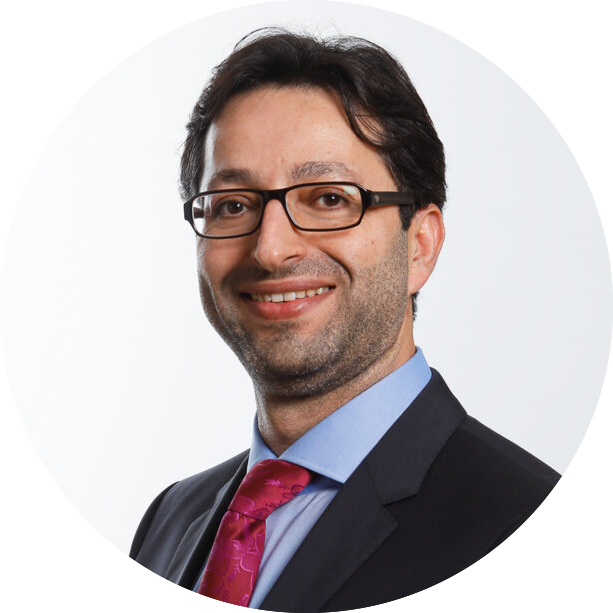
Emrah is the first ECLAM Diplomate to qualify via the internationally-recognised expert route, passing the certification examinations in 2021. Emrah is the director of the central animal facility at the University of Turku, Finland. He is also a docent (adjunct professor) in laboratory animal medicine at the University of Helsinki. He holds a PhD in histology and embryology. He is an author of 32 publications. Emrah is a member of the ECLAM Examination Committee (2022-2024).
Emrah Yatkin
ECLAM Council candidate
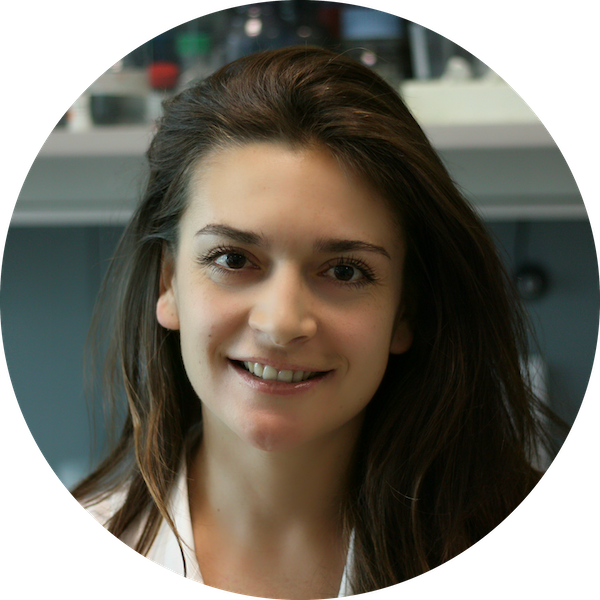
Arianna has been an ECLAM Diplomate since 2021. She holds a PhD in pathology from the University of Padua. She is a 2017 graduate of the Barcelona MS LAS programme and a FELASA Specialist in LAS. Arianna is the Designated Veterinarian for Merck in Ivrea, Italy. She is also the DV for Vetspin SRL in Bologna and for the Association for Cephalopod Research. She is an author of 19 publications. Arianna is a member of the ECLAM Examination Committee (2023-2025).
Arianna Aricò
ECLAM Council candidate

